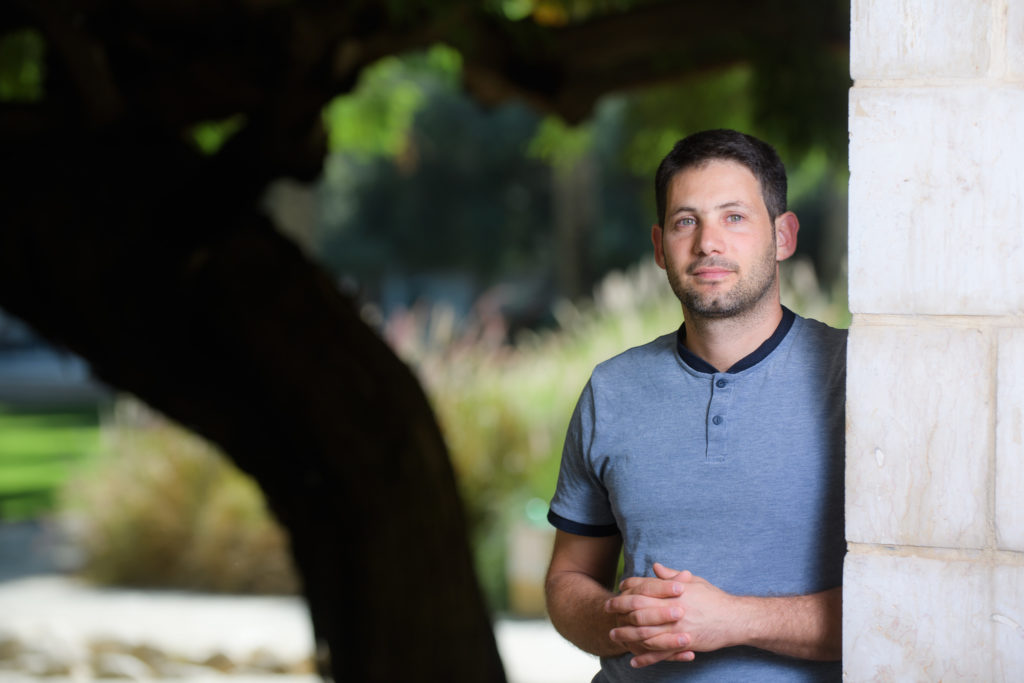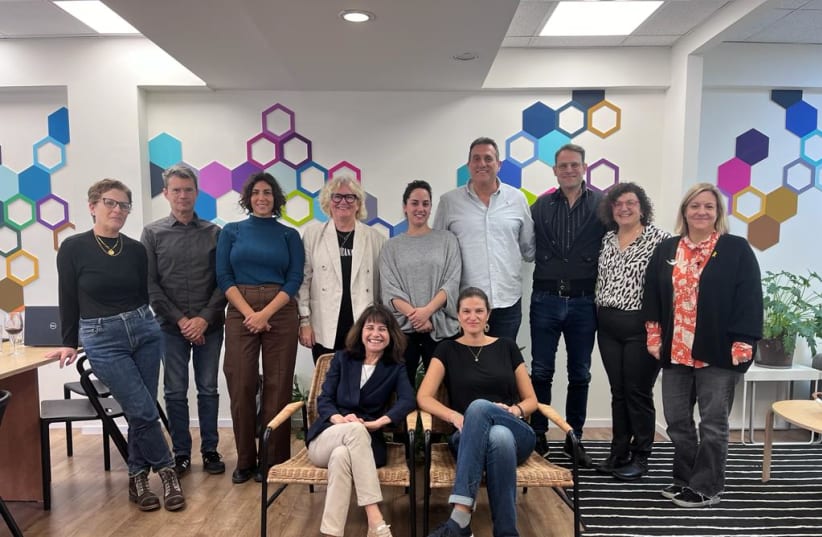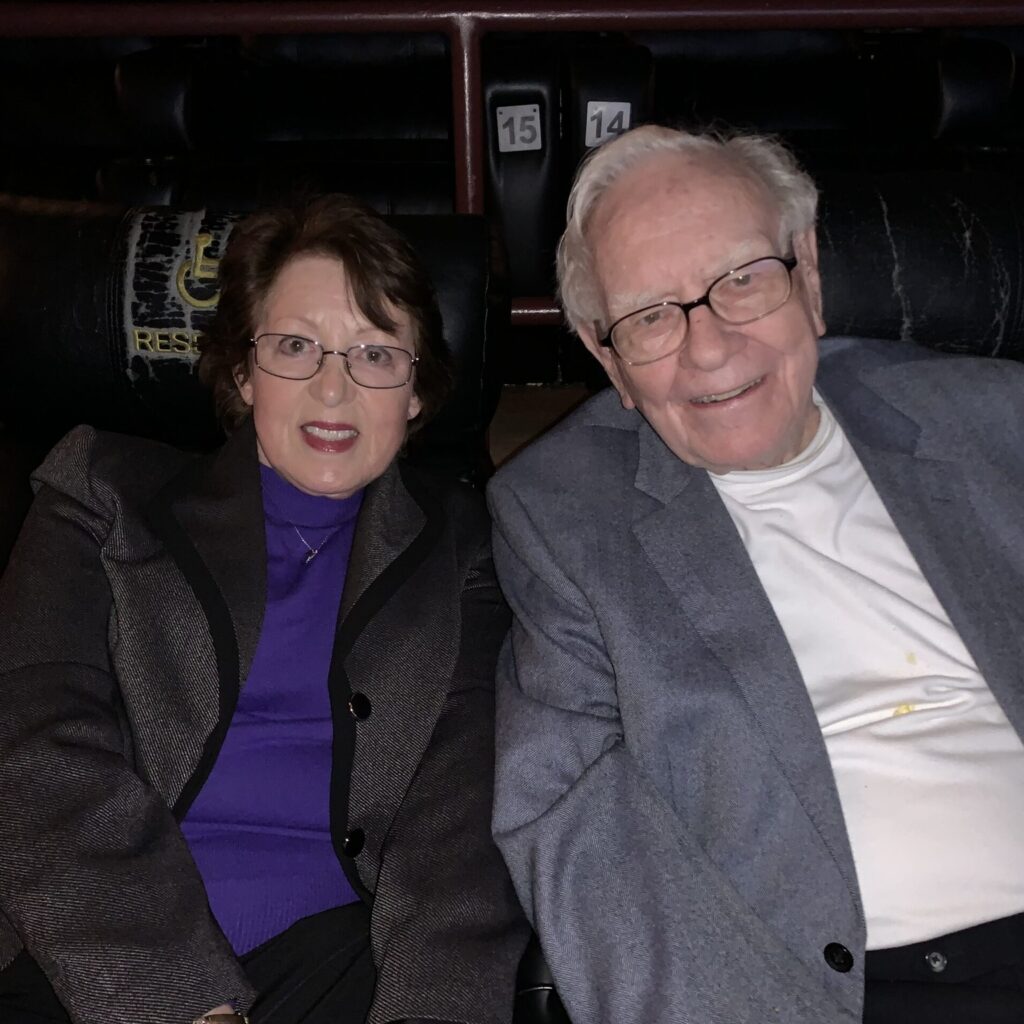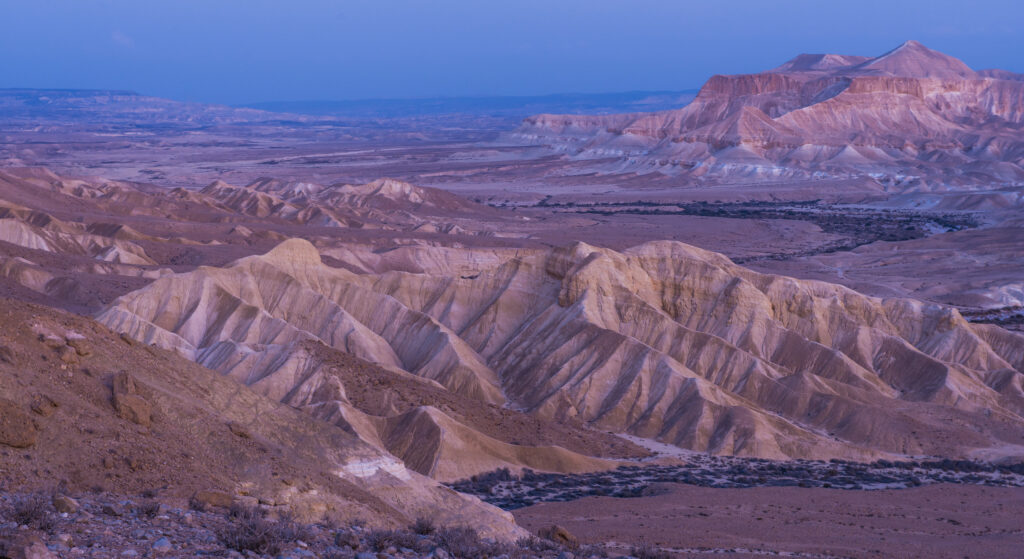A collapse in the wall of a holding pool for phosphate — the waste product from making fertilizer — sent some 100,000 cubic meters of acidic water and other pollutants rushing through a popular hiking route. At least eight ibexes — a third of those living in the area — and numerous foxes and birds were found dead in the two weeks following the spill from the Rotem Amfert phosphate mines in the Negev Desert, southwest of the Dead Sea, according to the Environmental Protection Ministry.
The area has still not fully recovered. Phosphoric acid is the main ingredient in industrial fertilizers, a massive and highly water-intensive industry worldwide. The recycling process developed at BGU, in southern Israel, turns the environmentally toxic sludge into clean water, valuable acids, and clean phosphate rock, all of which can be reused by factories.
Lior Monat, a PhD student in water chemist Oded Nir’s lab, led the research under Nir’s supervision. “Phosphoric acid production generates a lot of industrial wastewater that cannot be treated efficiently because of its low pH and high precipitation potential,” explained Nir, the co-lead researcher. “Today, the wastewater is usually stored in evaporation ponds. However, these are prone to breaches, leakage, and flooding.”
The team evaluated the method with synthetic wastewater in the lab, with positive results. The process successfully recovered clean water and phosphate while reducing the volume of wastewater by 90 percent. It also did not generate any significant mineral scaling, which could interfere with membranes. Furthermore, the power needed was low enough to indicate that the method might be both sustainable and economically viable, a statement from Ben Gurion University said.
“This process is very promising, and we encourage industry players to examine its potential and applicability at their factories,” said Roy Bernstein, co-lead researcher. Nir, Roy Bernstein, Monat, Wei Zhang, Alice Jarošíková, and Hao Haung are all members of the Zuckerberg Institute for Water Research, part of the Jacob Blaustein Institutes for Desert Research on the Sde Boker campus of Ben-Gurion University. Nir is also a member of the Goldman Sonnenfeldt School of Sustainability and Climate Change.





